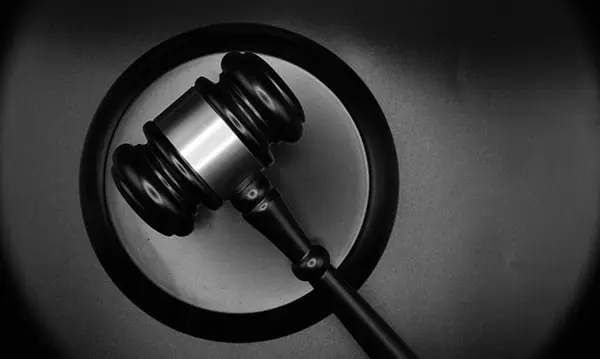Row House Publishing, known for its commitment to amplifying marginalized voices and providing an equitable publishing model, recently found itself embroiled in a significant legal battle. The lawsuit, primarily against Greener Shingles and its owner Bruce Robinson, centers around allegations of deceptive trade practices, breach of contract, and spoliation of evidence. This case not only highlights issues related to competition and marketing ethics in the publishing industry but also underscores the legal responsibilities that businesses have to maintain integrity in their operations.
Background of Row House Publishing
Founded in 2020, Row House Publishing aims to create a more inclusive publishing landscape. It focuses on empowering authors from diverse backgrounds and specializes in various genres, including memoirs, health, and social justice. The company operates on a unique 40/40 model, offering authors a $40,000 advance and a 40% profit share, which is relatively unprecedented in the industry. This approach has attracted considerable attention, earning Row House a reputation for innovation and social responsibility.
The Row House Lawsuit Against Greener Shingles
The legal proceedings began in late 2020 when Row House Publishing initiated a lawsuit against Greener Shingles, alleging that the company engaged in misleading marketing practices. The core accusations include:
- Deceptive Trade Practices: Row House claims that Greener Shingles made false claims about its products, potentially misrepresenting their effectiveness and the nature of its operations to consumers and businesses.
- Breach of Contract: The lawsuit argues that Greener Shingles violated existing agreements, thereby undermining Row House’s business and damaging its reputation.
- Spoliation of Evidence: Row House alleges that Greener Shingles intentionally destroyed key evidence related to the case, which the court found to be a serious breach of legal standards.
Legal Proceedings and Court Findings
The Delaware County Court handled the case, which featured extensive hearings and evidence submissions. The court ultimately ruled in favor of Row House, finding Greener Shingles guilty of tortious interference and deceptive practices. Some notable outcomes of the trial include:
- Significant Damages Award: The court awarded Row House approximately $7.8 million in damages, in addition to attorney fees, bringing the total compensation to around $8 million. This substantial award reflects the financial harm Row House suffered due to Greener Shingles’ actions.
- Injunction Against Greener Shingles: The court permanently enjoined Greener Shingles and its owner from soliciting any business from current or former Row House partners, emphasizing the need for fair competition in the industry.
- Public Acknowledgment of Wrongdoing: Both parties admitted to lying about certain aspects of their products, marking a significant moment in the court proceedings that exposed deceptive practices in the industry.
Implications for the Publishing Industry
This lawsuit carries important implications for the publishing industry, particularly regarding ethical standards and marketing practices. Some potential impacts include:
- Enhanced Scrutiny of Marketing Practices: The ruling reinforces the necessity for transparency in marketing, particularly for businesses making bold claims about product effectiveness. Other publishers may reevaluate their advertising strategies to ensure compliance with legal standards.
- Increased Accountability: This case serves as a reminder that companies can face serious legal consequences for misleading practices. It emphasizes the importance of honesty and integrity in all business dealings, potentially leading to more stringent industry regulations.
- Strengthened Consumer Trust: For consumers, the outcome of this lawsuit could foster increased trust in publishers that prioritize ethical practices. As more companies adopt transparent marketing strategies, consumers may feel more confident in their purchasing decisions.
Future Prospects for Row House Publishing
As a result of this legal victory, Row House Publishing is likely to continue expanding its operations and influence in the publishing industry. The financial award and public validation of its practices may enable the company to invest further in supporting diverse voices and authors. Additionally, Row House is expected to use this case as a springboard to advocate for ethical practices within the industry, potentially leading to new initiatives that promote transparency and integrity.
Conclusion
The lawsuit involving Row House Publishing and Greener Shingles serves as a crucial example of the need for ethical standards and transparency in the publishing industry. The significant ruling against Greener Shingles not only affirms Row House’s commitment to integrity but also sets a precedent that could reshape how companies operate within the industry. As the legal landscape evolves, both consumers and publishers should remain vigilant about the importance of honesty and accountability in all business practices.


